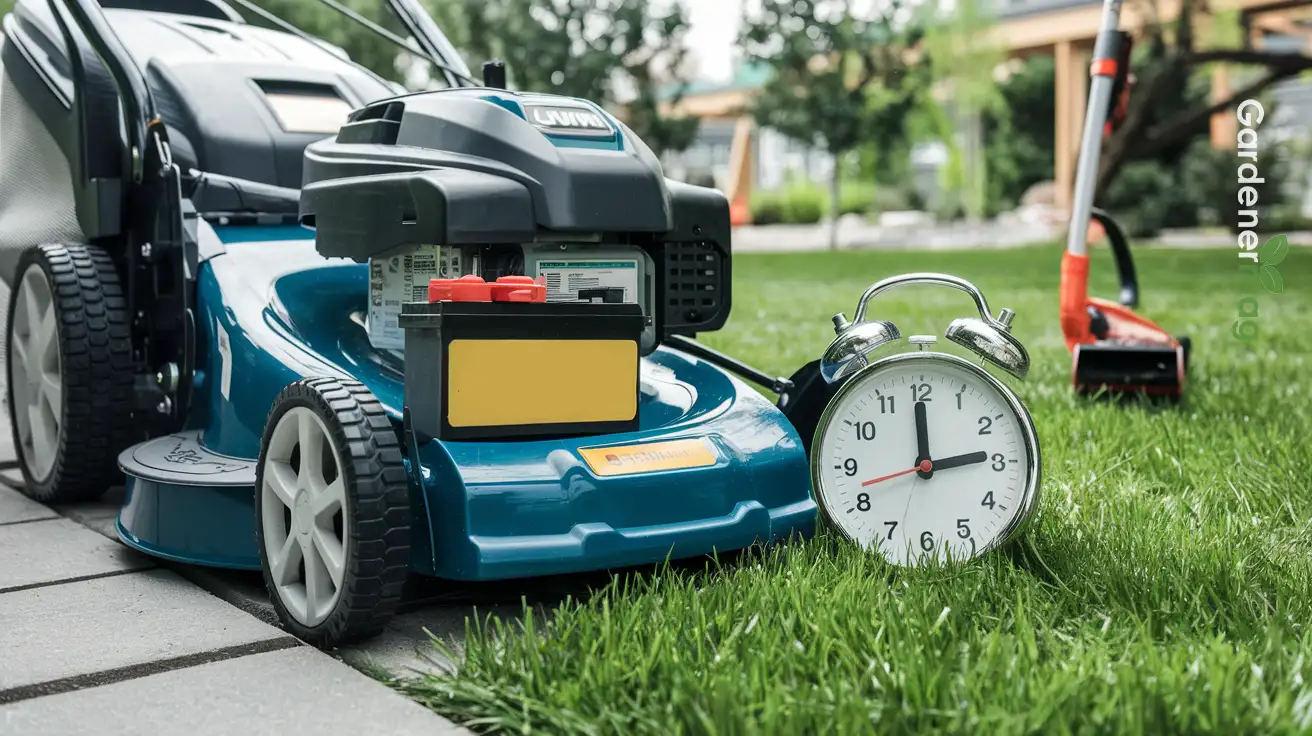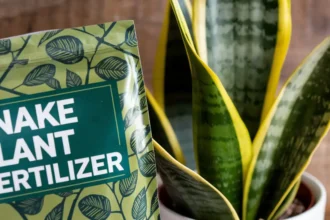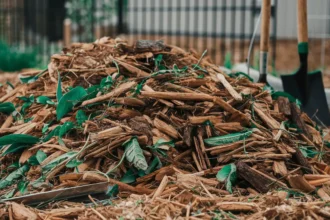If you are planning on getting a lawn mower, it is important to know how long a lawnmower battery lasts – in terms of battery duration and lifespan.
This knowledge will not only help you to avoid the inconvenience of a failed start, but will also help you to plan and maintain your lawn care routine. It will also help you plan your budget, and make your equipment last longer.
In this post, we will answer the question ‘How long does a lawn mower battery last?,’ and also discuss ways to extend the battery’s lifespan in order to get the most value out of the lawn mower.
Before we answer this question, let us find out if all lawnmowers use batteries.
Do All Lawnmowers Use Battery?
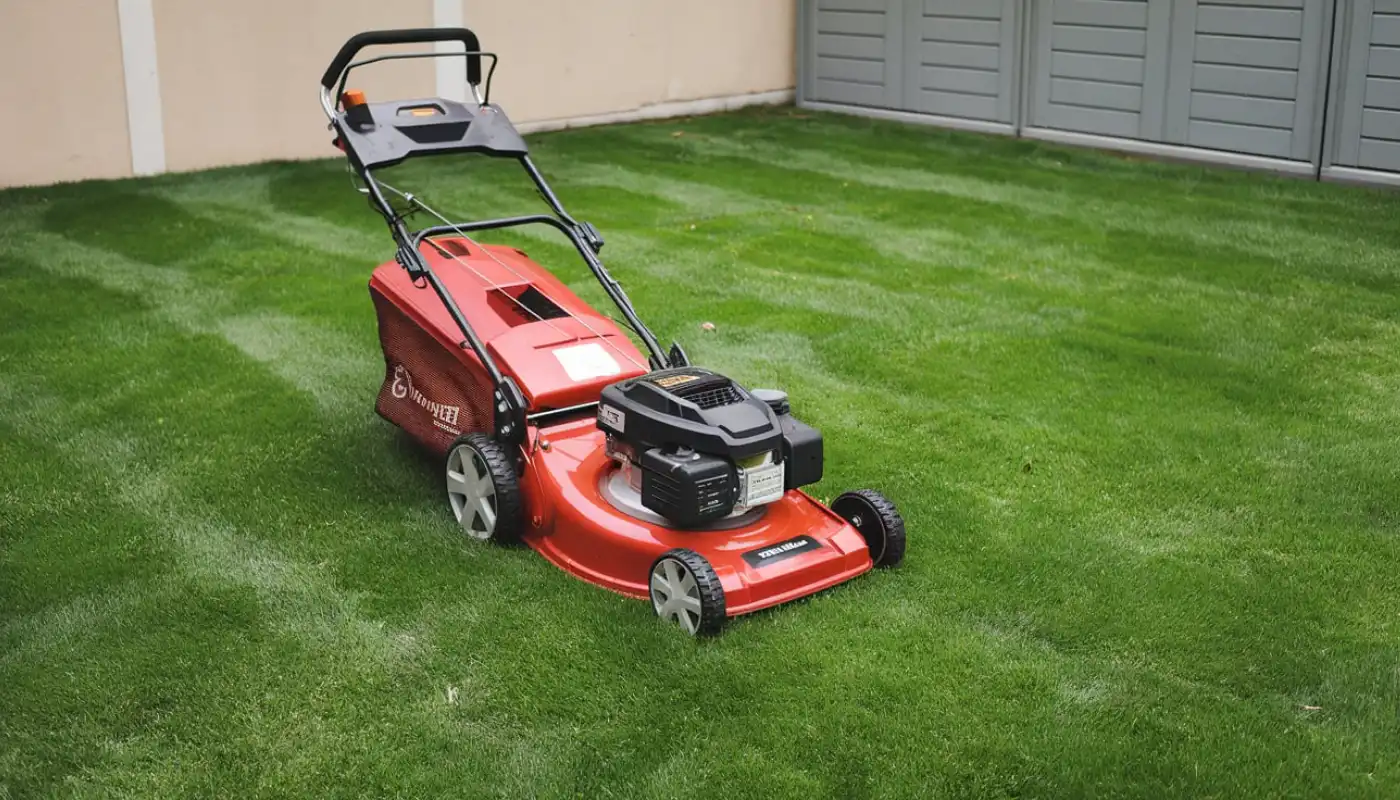
It may interest you to know that not all lawnmowers use batteries. For a better understanding, let us look briefly into the common types of movers available.
Gasoline-powered lawn mowers
This type of mower doesn’t use a battery. Instead, it uses a magneto to generate power for the spark plug. Gasoline-powered lawn mowers need a starter cord to kick-start the motor.
Larger self-propelled lawn mowers
Some larger self-propelled lawn mowers use both a kick-starter motor and a battery to make starting up easier.
Riding lawn mowers
Almost all riding lawn mowers are battery-powered lawn mowers, and use a battery to start the engine. These batteries usually last between three to five years, depending on users’ maintenance level.
Some lawn mowers can also be powered by corded electric power or a combination of electric power and gas.
How Long Does A Lawnmower Battery Last?
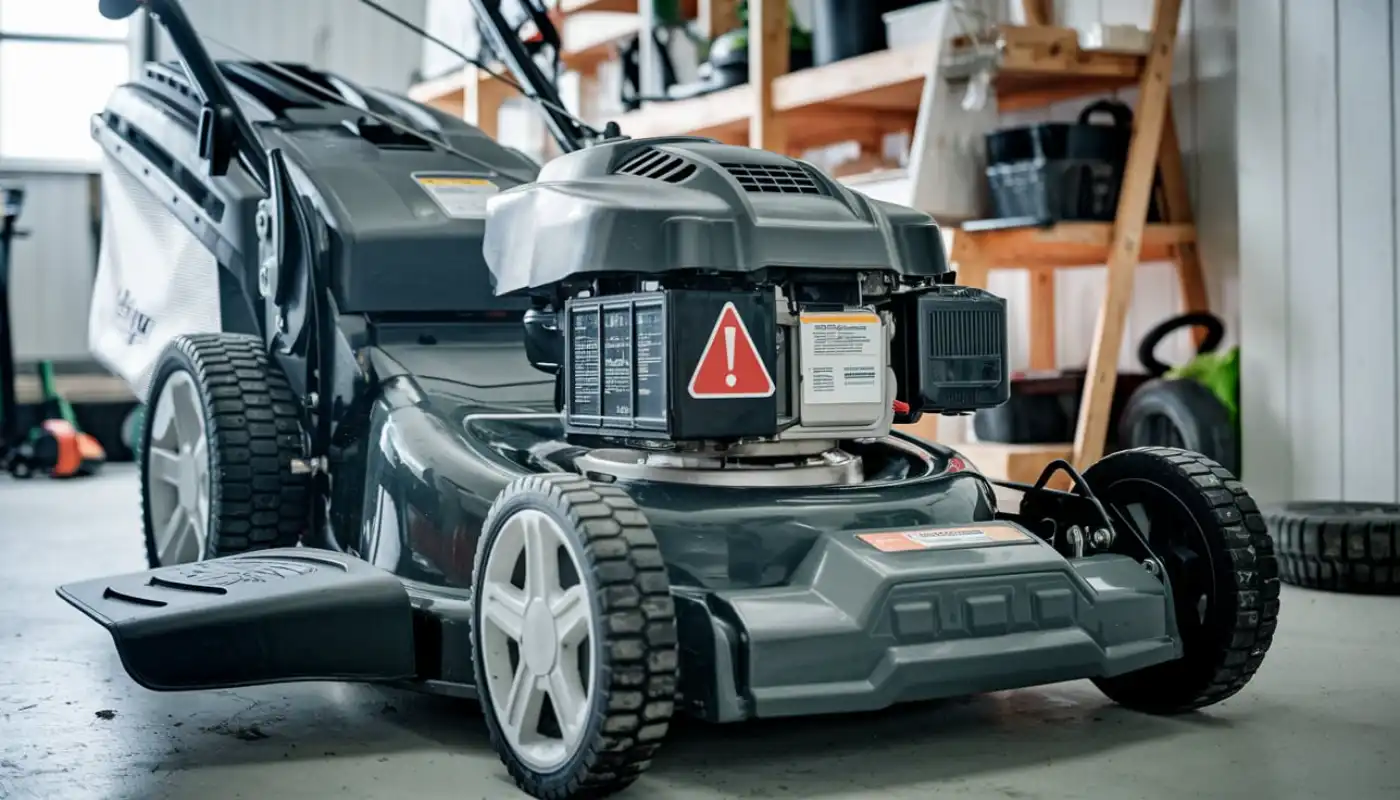
There is no general answer to this question. However, how long a mower battery can last depends on a number of factors, which include the type of battery, the level of usage, and how well it is maintained.
Mower Battery Types
There are mainly three different types of lawn mower battery available and each type has its unique lifespans:
Lead-acid batteries: These are the most common and traditional type of batteries. They are reliable and affordable, cheaper than the Lithium batteries.
However, they require regular maintenance to extend their lifespan, which include cleaning the terminals and checking water levels.
With proper care, Lead acid batteries can last about three years or more but if not properly maintained, they can die quickly.
Even with proper care, this battery type doesn’t last as long as Li-ion batteries.
Lithium-ion batteries: This battery type is becoming increasingly popular in electric lawn mowers. It can last up to four years or 500 charging cycles.
Lithium-ion batteries not only last longer but also require less maintenance than lead-acid batteries.
Nickel-cadmium (Ni-Cd) batteries: This battery type is less frequently used nowadays because of its shorter lifespan. Nickel-cadmium (Ni-Cd) batteries were used in older mower models .
That means, if your mower battery is a Li-ion battery, it will naturally last longer than if it is a Lead acid battery or Ni-Cd battery.
Similarly, the battery quality will also influence the battery lifespan. High-quality batteries last longer because they have better construction and are made with better materials.
Hence, invest in a well-known lawn mower battery brand.
Duration And Frequency Of Mower Usage
Another factor that can influence your lawn mower’s battery life is how long and often you use your mower.
For instance, using your mower regularly helps to maintain its battery health, but the battery can lose its charge over time if used more frequently.
Likewise, overusing the mower or using it aggressively in a single operation without allowing the battery to rest can reduce the battery lifespan.
Mowing large areas or tackling tough terrain can strain the battery and reduce its strength over time.
Maintenance Practices
The way you take care of the mower battery is important, as regular maintenance can help to extend the life of your battery.
Helpful maintenance practices include cleaning the battery terminals regularly to prevent dirt accumulation and/or corrosion and ensure secure connections. Doing this will prevent damage and help the battery work better.
More so, keep the battery fully charged before storing.
Temperature Conditions
The temperature condition you expose your battery to can affect how it will last.
For instance, exposing the battery to extreme temperatures – cold or hot – can negatively affect the battery’s chemical reactions, significantly impacting the longevity of the battery.
Hence, don’t expose your mower battery to extreme temperatures to avoid damage.
Charging Habits
How you charge your mower battery also matters because it can affect its life.
Charging the battery incorrectly, such as overcharging or undercharging it, can damage the battery cells, thereby reducing their efficiency, capacity, and longevity.
We advise that you always follow the battery maker’s charging recommendations and avoid undercharging or overcharging your battery.
Average Life Expectancy Of Lawn Mower Batteries
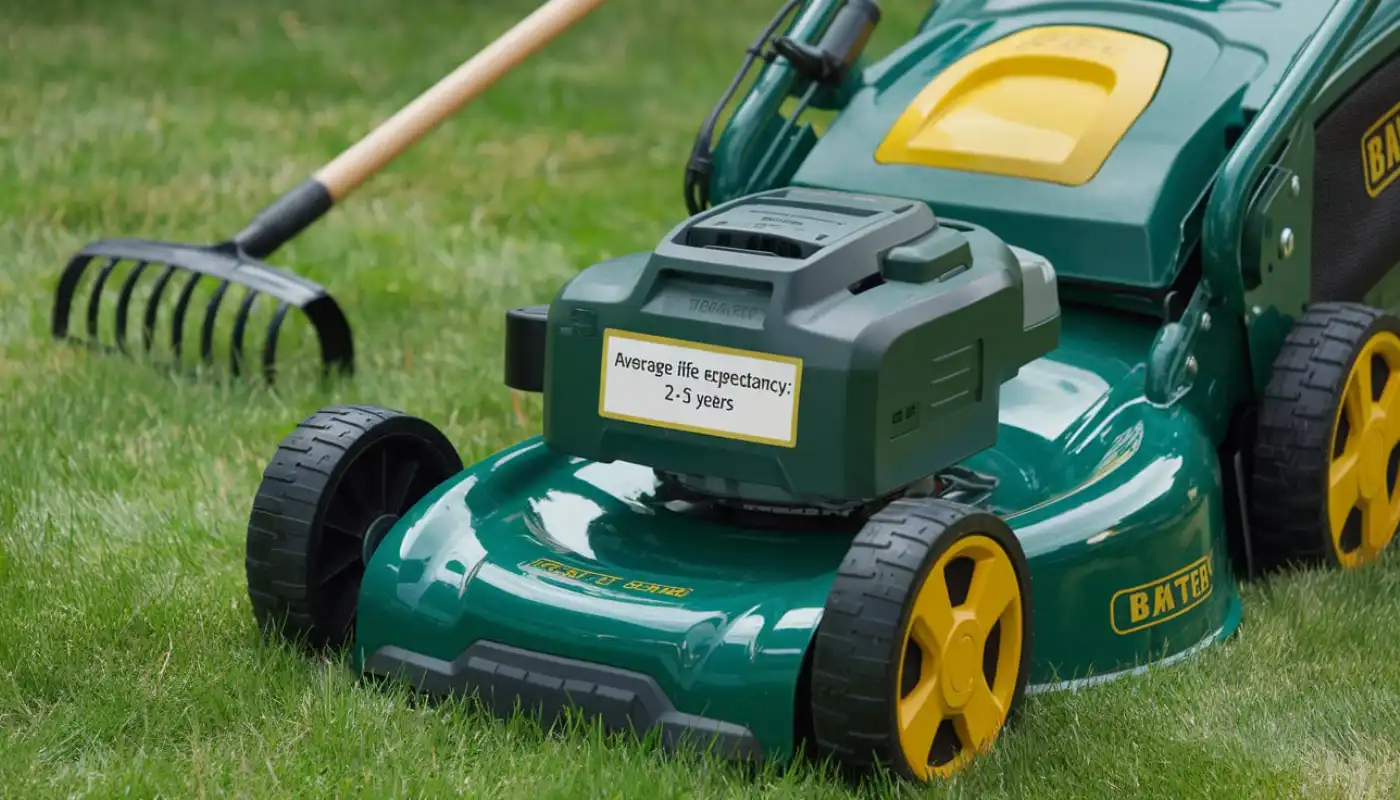
Now you know that how long your battery will last depends on the type of battery it is and how you use and maintain it. Let’s take a look at the average life expectancy of a lawn mower battery in general.
The average life expectancy of a lawn mower battery is about three to five years.
Typically, a Li-ion battery can last for about three years. However, some high-quality brands can last up to five years or 300-500 charging cycles with proper care and maintenance.
Lead-acid mower batteries can live up to three to four years with careful maintenance.
Note that the average life expectancy of lawn mower batteries varies across different brands. Hence, always conduct your research carefully and choose a brand that is well-known for durability and longevity.
How Long Does A Mower Battery Last In Terms Of Runtime?
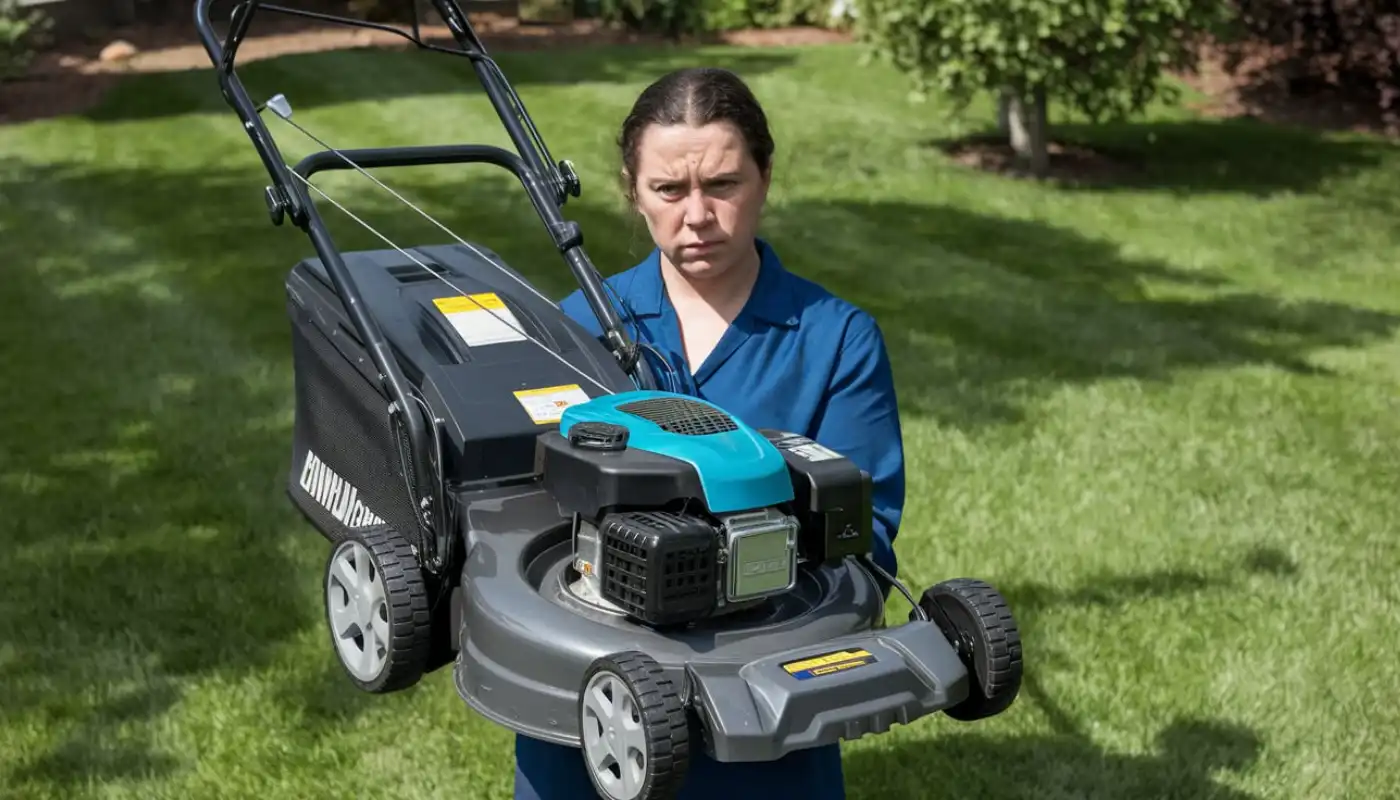
How long your mower battery will last in terms of run time depends on the size of the battery.
For instance, a fully-charged 20v battery has about 20 to 30 minutes of runtime. A fully-charged 40v (2 x 20v) battery has about 40 to 60 minutes of runtime.
That means a 20v battery can’t last for about 20 to 30 minutes at a stretch before another recharge. If it takes over 40 minutes to cut your lawn, then you need a mower with a 40v battery.
A 56v 5Ah battery on a cordless mower has a runtime of about 45 to 60 minutes, depending on the cutting conditions.
Note that your battery runtime will decrease with time as the battery gets older.
Ways To Make Your Battery Last Longer
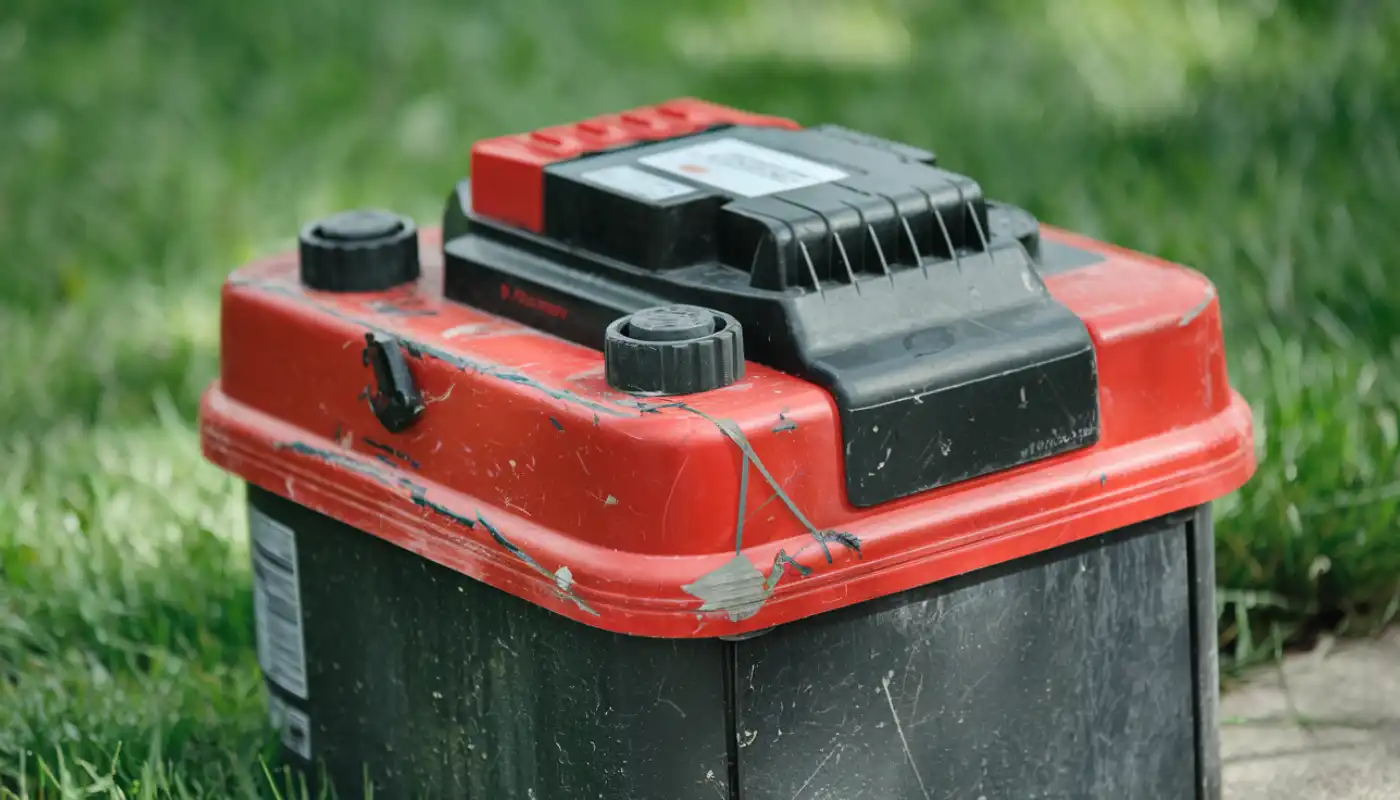
Here are some ways to make your lawn mower battery last longer:
Clean regularly and follow proper battery maintenance tips
You can keep your lawn mower battery in good condition and make it last longer by cleaning and maintaining it regularly.
To get started, put on a pair of gloves and goggles for protection. Disconnect the battery and bring it out. Use a brush or dry cloth to clean off any dirt or debris on the battery body.
Don’t use water or any other liquid because it may do more harm than good to the battery.
After that, check the battery terminals for any dirt or debris buildup or signs of corrosion. Clean the terminals gently with a mixture of baking soda and water.
Ensure proper charging patterns
If you want your lawn mower battery to last, charge it properly.
Make sure that you follow the maker’s recommendations for how often and how long to charge the battery.
Check and tighten connections
Check the battery connectors regularly for looseness or corrosion. If the connectors are loose or corroded, it can lead to inefficient charging or power loss.
Tighten any loose bolt or nut using a pair of pliers or wrenches and ensure that the connectors are firmly fixed. Clean off any rust on the connectors using a mixture of baking soda and water.
Slightly apply petroleum jelly on the connectors after cleaning to keep them from corroding again.
Store battery properly for off-season periods
At the end of the mowing season, remove and store the mower battery correctly.
If yours is the lead-acid type, charge it fully before storing it. However, if you have a Lithium-ion battery, charge it partially before storage. This will help to extend the battery life and prevent damage.
Store the battery in a cool, dry, well-ventilated place, away from moisture, sunlight, and extreme temperatures.
Continuous charging can reduce battery capacity and shorten the life of your battery.
Signs That A Lawn Mower Battery Is Dead
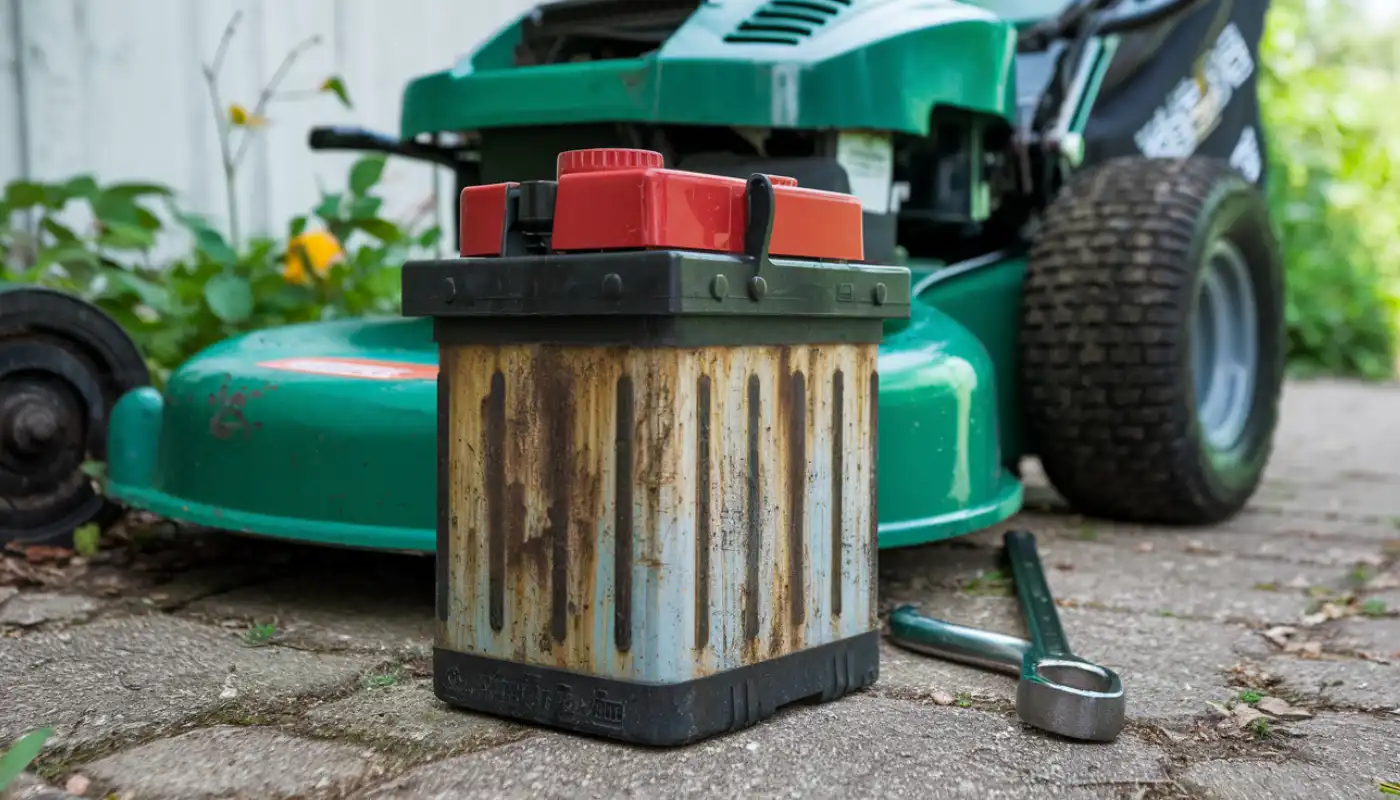
Here are common signs that a lawn mower battery is dead and needs replacement:
- Low battery voltage reading: Read the voltage of the battery using a multimeter. If the reading is below 20v, the battery is either dead or dying and you need to buy a new battery.
- Slow engine crank or no crank at all: If the mower’s starter motor struggles or fails to turn the engine over, the battery has low power
- No click sound when starting the engine: This is an indication that there is not enough power in the battery to turn on the engine.
- Dim headlights: If your mower has headlights, flickering or dim headlights is a sign of low battery power.
Conclusion
Knowing how long a lawn mower battery can last will help you make informed decisions for your lawn care needs.
Depending on its type and how you use, care, and maintain it, you can expect three to 10 years of service from your mower battery.
Proper maintenance and care can help keep your battery in good condition and extend its lifespan. Clean the battery regularly, don’t undercharge or over charge it, and store it right for off-season periods.
By doing these things, expect your mower battery to last as long as expected and perform at its best.
Frequently Asked Questions (FAQs)
There are several different reasons why the battery drains during use. If you leave the mower powered on when not in use, the battery will drain fast. If you charge the battery improperly, use the mower for thicker grass, or use more intense mower settings, the battery will run down fast.
Leaving your mower battery on the charger all winter can be harmful to the battery life. Instead, store the battery partially charged in a cool, dry, well-ventilated place, away from moisture, sunlight, and extreme temperatures. Only replace the battery and charge the battery when you are ready to use your lawn mower again in spring.


